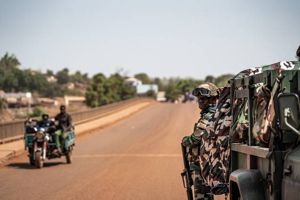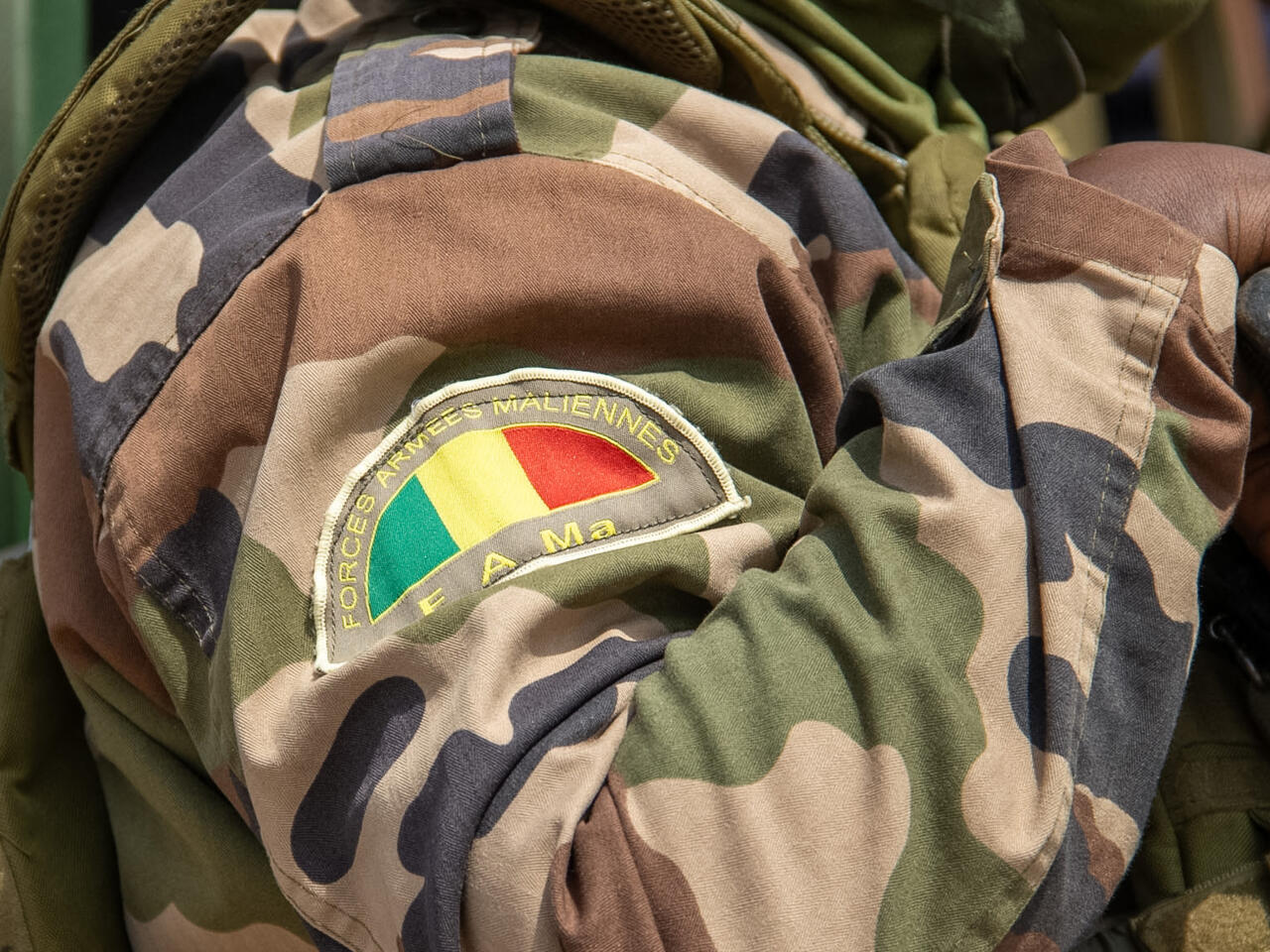Mali, a nation long troubled by instability and insurgency, has been rocked by a fresh series of violent assaults as jihadist fighters launched coordinated attacks on multiple military posts across its western and central regions. The early morning raids on July 1, 2025, mark one of the most significant escalations in violence this year, highlighting the persistent threat of extremist groups and the ongoing challenges faced by the Malian state.

A Night of Fear and Fire
Residents in the towns of Kayes, Nioro, Sandare, Gogui, and Diboli awoke to the sound of gunfire and explosions as armed militants struck almost simultaneously at dawn. Eyewitnesses in Kayes recounted scenes of panic as families fled their homes, seeking shelter from the chaos. “We heard shots and saw smoke rising near the military camp. People were running in all directions,” said Fatoumata, a local shopkeeper, describing the terror that gripped the community.

The attackers, believed to be members of the al-Qaeda-linked group Jama’at Nusrat al-Islam wal-Muslimin (JNIM), arrived in convoys of pickup trucks and motorcycles, a tactic often used to maximize mobility and surprise. Their targets were clear: military installations that form the backbone of state authority in a region where government presence is already tenuous.
Military Response and Conflicting Claims
The Malian Armed Forces (FAMa) responded swiftly, engaging the militants in fierce firefights that lasted for hours. By midday, the army announced that it had repelled the attacks, inflicting heavy casualties on the assailants and seizing a cache of weapons and vehicles. According to military spokesperson Colonel Souleymane Dembele, “Our forces showed resilience and determination. The enemy suffered major losses and was forced to retreat.”
However, the situation on the ground remained tense, with conflicting reports emerging about the extent of the damage and the number of casualties. While the military claimed to have neutralized over 80 militants and maintained control of all bases, jihadist sources boasted of having overrun several posts and capturing significant supplies. The fog of war, compounded by limited access to remote areas, made independent verification difficult.
A Persistent and Evolving Threat
These attacks are not isolated incidents. Over the past month, Mali has witnessed a surge in jihadist activity, with insurgents targeting both security forces and civilians. Analysts suggest that the timing and coordination of the latest assaults indicate a growing level of sophistication among the militants, who are adapting their strategies in response to military pressure.
The Malian government, led by a military junta since 2020, faces a daunting array of challenges. Not only must it contend with jihadist groups affiliated with both al-Qaeda and the Islamic State, but it also grapples with separatist movements and criminal networks that exploit the country’s vast, ungoverned spaces. Recent efforts to negotiate surrenders from rival factions have yielded limited results, and the cycle of violence shows little sign of abating.
Regional and International Implications
The resurgence of jihadist violence in Mali has alarmed neighboring countries and international observers alike. The Sahel region, stretching from the Atlantic coast to the Red Sea, is increasingly viewed as a global hotspot for terrorism. Security experts warn that if unchecked, the instability could spill over into coastal West African states, threatening broader regional security and economic development.
International partners, including the United Nations and African Union, have called for renewed cooperation and support for Mali’s counterterrorism efforts. However, the withdrawal of several foreign military missions in recent years has left Malian forces stretched thin, underscoring the urgent need for a comprehensive and sustainable security strategy.
The Road Ahead
As Malians process the aftermath of the latest attacks, questions linger about the government’s ability to protect its citizens and restore stability. For many, the events of July 1 serve as a stark reminder that the fight against extremism is far from over—and that the resilience of both the state and its people will be tested in the months to come.
In the words of a Kayes resident, “We want peace, but every day it feels further away.” The challenge for Mali, and for the international community, is to ensure that hope is not lost amid the turmoil.

